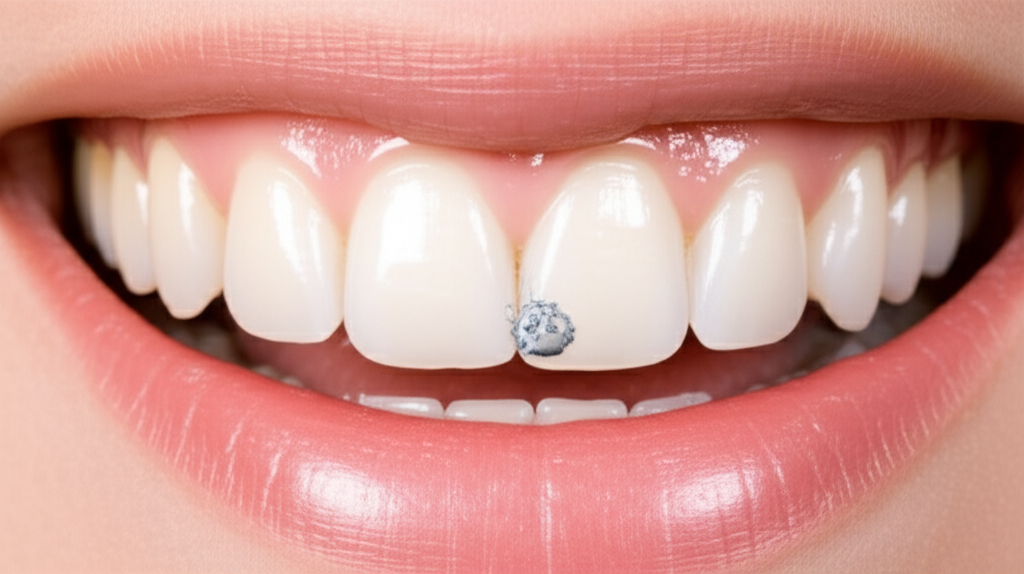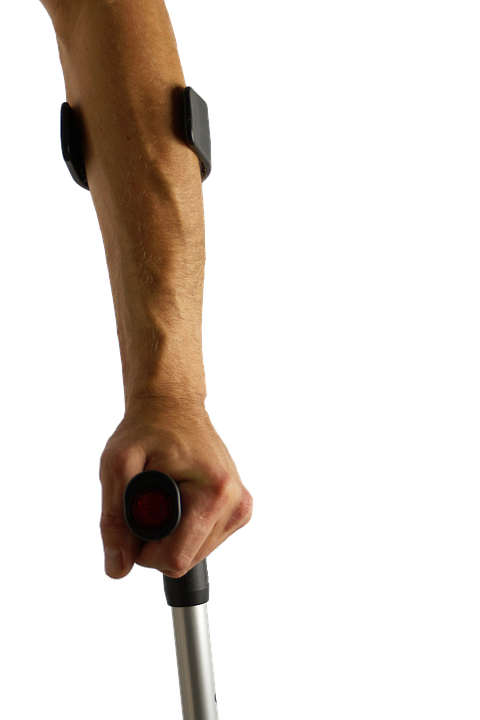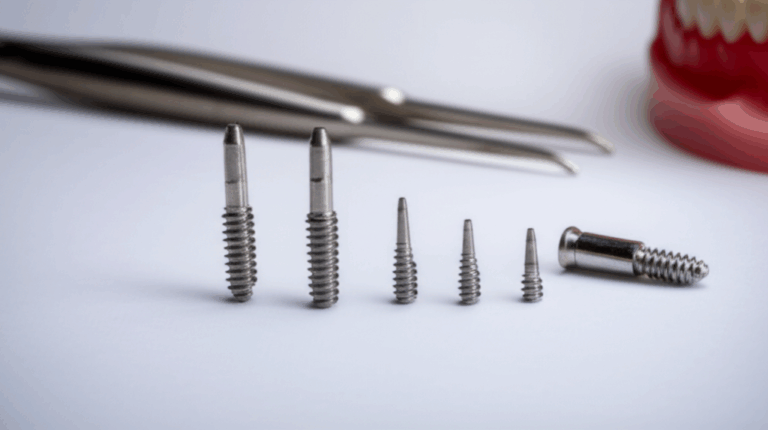
Can Dental Problems Cause UTIs? Understanding the Oral-Urinary Link
Introduction: How I Discovered the Surprising Oral-Urinary Link
If you had asked me a few years ago if problems with my teeth could cause a urinary tract infection (UTI), I would have thought it was a joke. How could my teeth or gums have anything to do with my bladder or kidneys? But after going through some health troubles, I learned the body is more connected than I realized. I started getting UTIs a lot while dealing with gum disease, and that made me pay attention.
So, can dental problems actually lead to UTIs? The answer is not a clear yes or no. What I learned is that a tooth infection won’t usually send germs straight to your bladder, but bad oral health can set off a chain of events that makes some people more likely to get UTIs. In this article, I’ll share what I learned from my own story and what I found out along the way.
Table of Contents
- What Are Dental Problems and UTIs?
- How Dental Infections Affect Your Whole Body
- The Indirect Pathways: Can Dental Problems Lead to UTIs?
- Recognizing the Signs: What to Watch For
- How I Protect My Oral Health and Reduce UTI Risk
- Conclusion: Why I Embraced a Holistic Approach to Health
What Are Dental Problems and UTIs?
My Early Encounters with Gum Disease and Tooth Infections
Like a lot of people, I didn’t always care as much about my dental health as I should have. I didn’t always floss, and sometimes I would wait to see the dentist until my teeth hurt too much to ignore. I’ve had bleeding gums, gum disease, and even a tooth abscess or two. Each time, I was reminded just how much tooth pain can mess up your life.
I wish I knew earlier that these mouth problems can cause more trouble than just a lost tooth. Gum disease isn’t just about red or sore gums—it’s really long-lasting inflammation. If you don’t treat it, it can make pockets in your gums, and those pockets are packed with germs.
A big wake-up call came after I had a dental abscess. The pain was horrible, but my dentist told me that the bacteria from an abscess can get into your blood (called bacteremia). That’s when I started to see: dental problems aren’t just “mouth problems.” They can really affect your whole body.
For more about mouth diseases and what they can do to your body, start here: dental diseases.
What I Learned About UTIs
UTIs are no joke. That burning when you pee, the sudden urges to go, the pain down low—I know those signs all too well. At first, I never saw any link between my mouth and what was happening “down there.” But the more I looked into it, the more I saw that both have some of the same risk factors, especially when it comes to how your immune system works and how germs spread.
Most of the time, a UTI is caused by gut germs like E. coli getting into the urinary tract. Women get them a bit more because of anatomy, but anyone can get them. Other things, like diabetes (which I found out I had), can also make you get UTIs more often.
How Dental Infections Affect Your Whole Body
When Oral Bacteria Get Into the Bloodstream
It surprised me to learn how easily mouth germs can get into your blood, especially if your gums are swollen or if you have dental work like a tooth pulled. Even brushing too hard, flossing with sore gums, or chewing with loose teeth can let bacteria get in.
For most healthy people, the immune system clears these germs fast. But if you’re older, have a weak immune system, or bad gum disease, germs can hang around longer and cause small infections all over. These germs rarely cause UTIs directly, but my big lesson is that mouth infections don’t always stay in the mouth.
Chronic Inflammation and Immune System Burden
The thing most people (including me) don’t realize is that gum disease is a nonstop source of swelling and irritation in the body. Over time, my gums being infected kept my system in a constant state of “attack,” which showed up in blood tests for inflammation. I kept getting sick, was tired all the time, and even my blood sugar got harder to handle.
Chronic swelling wears down your immune system. It’s like your body has its alarm going off constantly. Pretty soon, your natural defenses get tired out. When that happens, it’s easier for other germs—like the kind that cause UTIs—to sneak in.
The Indirect Pathways: Can Dental Problems Lead to UTIs?
Why a Weakened Immune System Matters
Here’s what I learned: when dental problems cause long-lasting swelling or make your immune system overworked, you’re more likely to get other infections—not because mouth germs crawl down to your bladder (that’s rare) but because your body isn’t as strong at fighting them off.
Think about it like this: if your body is busy fighting gum infections, it might miss a germ like E. coli that gets into your urinary tract. My repeating UTIs started to make sense once I knew how much stress my immune system was under.
How Health Conditions (Like Diabetes) Play a Role
There’s another piece, too. Health problems that affect both your teeth and UTI risk—like diabetes—make the problem worse. After I found out I had Type 2 diabetes, it became harder to keep my gums healthy, and I got more UTIs.
Why? Because diabetes weakens your immune system, keeps you inflamed, and even changes both mouth and gut bacteria. High blood sugar helps mouth germs grow, and it also adds sugar to your urine, which helps bladder germs. So if you have both bad teeth and diabetes, things can get out of hand fast. For more about balancing tooth care and health, I liked this guide: teeth health.
The Impact of Antibiotics and Microbiome Disruption
The first time I took antibiotics for a tooth abscess, I was so glad for the relief. But the next month, sure enough, I got a UTI. That wasn’t just bad luck—there’s a real reason. Antibiotics can kill off “good” bacteria in your gut and, for women, in the vagina. That means UTI germs like E. coli can grow faster.
The medicine fixed my tooth, but it also messed up the balance of bacteria in my body. After dealing with several rounds of this, I started asking for probiotics to help my gut and talked over options with my doctors. Here’s where a big-picture view helps—you need to see how everything connects.
If you see a pattern with dental problems and UTIs, talk to both your dentist and your doctor. Sometimes you can switch antibiotics or add probiotics to stop the cycle. If you’re interested in dental repairs—like for teeth that got damaged from infections—have a look at this: digital dental lab.
Recognizing the Signs: What to Watch For
UTI Warning Signals I Noticed
UTIs are easier to stop if you catch them early. My warning signs were burning when peeing, needing to go all the time, bad-smelling or cloudy urine, a light fever, or sore back. Sometimes I blamed it on “not drinking enough water,” but hiding from the signs just made things worse.
The Overlap with Dental Symptoms
Don’t ignore things happening in your mouth, either. Long-term tooth pain, bleeding or puffy gums, bad breath that sticks around, pus by a tooth, or jaw aches are all signs of infection. Once, I kept ignoring a toothache, and it turned into a bad abscess. Not only did I almost lose a tooth, but the antibiotics I needed likely helped me get my next UTI.
For an easy routine on mouth care that should help stop these problems, check this out: dental care.
When I Knew It Was Time to Seek Help
Don’t wait to get help. If you notice a pattern—lots of UTIs and mouth problems that don’t go away—call your dentist and doctor. Teamwork matters. I made a point to tell both my dentist and my doctor what was going on, and finally, they worked together to fix the problem.
How I Protect My Oral Health and Reduce UTI Risk
My Oral Hygiene Routine
Sticking to daily habits made a huge difference. Brushing twice a day with toothpaste that has fluoride, flossing every night (even when I was tired), and using mouthwash helped me get control. Spending a few extra minutes a day saved me a lot of trouble with both teeth and bladder infections.
Staying Ahead with Dental Checkups
You know those teeth cleanings you keep putting off? Don’t. I used to worry about going in, but each time saved me pain and money in the end. Professional cleanings help stop gum swelling and lower the number of germs in your mouth.
If your teeth are already damaged after infections and you’re looking for ways to rebuild them, check out this place: dental ceramics lab.
Managing My Other Health Conditions
Taking care of my diabetes made a big difference for both my mouth and bladder. Keeping my blood sugar level made it harder for germs to grow. If you have any bigger health problems, work on managing them with your doctor. It will help your whole body.
Lifestyle Adjustments That Made a Difference
What you eat and how you live matters. I started eating more fiber, eating less sugar, and drinking more water. Small changes like managing stress and quitting smoking made me healthier overall. Even taking a few minutes each day to relax or meditate helped keep swelling down.
Now, when I feel a tooth problem starting, I get it checked quickly—no more waiting. Acting fast really helps protect both my mouth and my urinary tract.
Conclusion: Why I Embraced a Holistic Approach to Health
So, can dental problems cause UTIs? Not directly, in most cases. But what I learned is that the link matters. Long-lasting mouth infections keep your body inflamed and your immune system tired, and that can make it easier to get other infections like UTIs—especially if you have health problems like diabetes. Even the medicine used to treat your teeth can lead to more UTIs.
Taking care of your teeth is more than just about a pretty smile. It’s about staying healthy everywhere. My advice: don’t ignore what’s happening in your mouth and think it won’t affect the rest of you. Keep up with brushing, regular dentist visits, and look for ways to help your immune system. If you see a pattern with your dental and bladder health, ask both your dentist and doctor about it. For me, looking at my health as a whole made the difference. I think it can for you, too.
If you’re curious about how teeth care connects to your full health, have a look here: teeth information.
Most of all, remember: you’re not just caring for your teeth—or your bladder. You’re caring for your whole self. The body’s connections are surprising, and sometimes, they’re what make all the difference.








